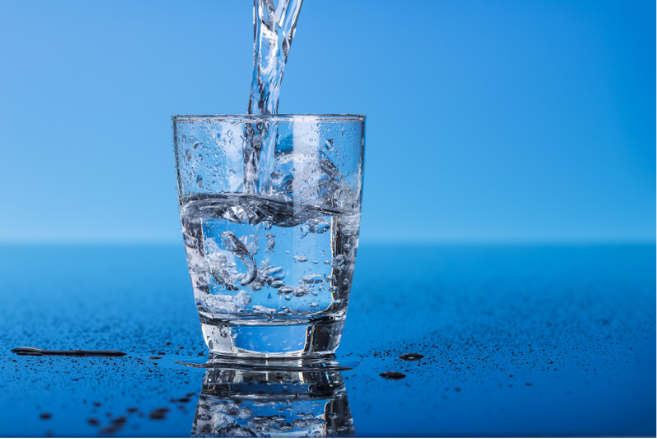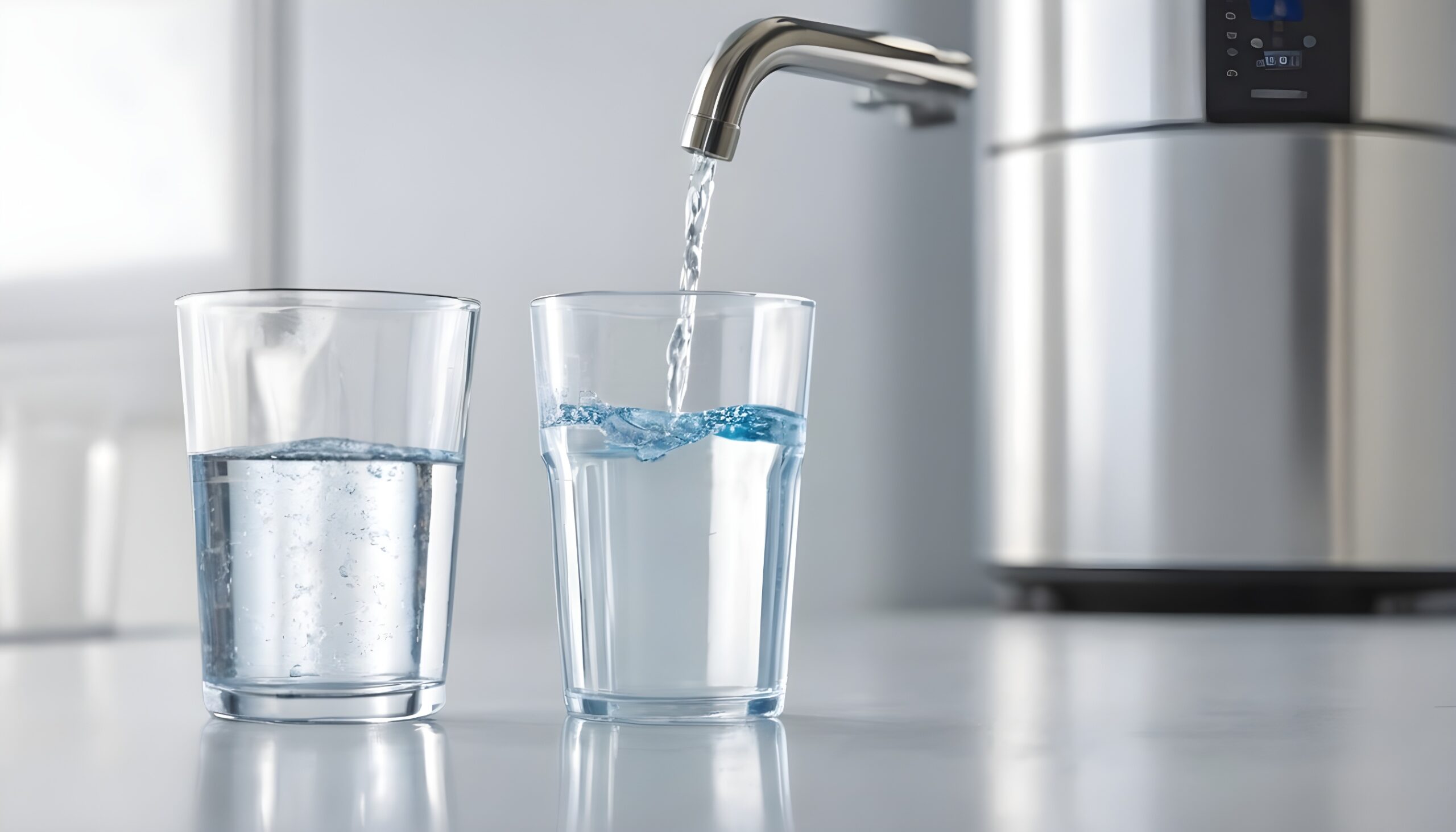Why a Water Purification System Is Necessary for Tidy, Safe Water
Accessibility to clean, risk-free water is a basic human right and a cornerstone of public health and wellness. A water filtration system stands as an important option to minimize these risks, making sure that neighborhoods and people can access secure alcohol consumption water.
Significance of Tidy Water
Access to tidy water is a fundamental need for human health and wellness and health. Infected water can lead to significant wellness problems, consisting of gastrointestinal ailments, cholera, and dysentery, especially in at risk populations such as youngsters and the senior.
In addition, tidy water is important for hygiene and health methods, which are important in preventing the spread of contagious conditions. Adequate water supply supports appropriate sanitation centers, advertising a much healthier setting. In addition, accessibility to safe water influences socioeconomic factors, as it enables areas to involve in agricultural and commercial tasks, ultimately contributing to financial advancement.
In numerous areas, the lack of tidy water aggravates hardship and inequality, further preventing development toward lasting advancement objectives. Ensuring access to tidy water is not only a public health and wellness necessary however additionally a cornerstone for social equity and financial development. Initiatives to improve water top quality and infrastructure have far-reaching advantages, promoting much healthier communities and improving lifestyle.

Usual Impurities in Water
Guaranteeing the accessibility of clean water is undermined by numerous impurities that can endanger its safety and security and quality. The existence of pathogens, such as infections, microorganisms, and bloodsuckers, postures considerable health threats, especially in locations lacking adequate cleanliness. These microorganisms can bring about waterborne diseases, causing serious disease or also death.
Chemical contaminants also provide a critical issue. Heavy steels, including arsenic, lead, and mercury, commonly enter water products through commercial discharges or rusty plumbing. These compounds can gather in the body with time, resulting in lasting health and wellness issues such as neurological damages and developing disorders.
Additionally, agricultural overflow presents chemicals and plant foods right into water systems, which can interrupt ecological communities and negatively impact human wellness. Nitrates, commonly found in fertilizers, can trigger major problems like methemoglobinemia, specifically in babies.
Advantages of Water Purification Solutions
Recognizing the critical requirement for risk-free drinking water, water purification systems offer a myriad of benefits that boost public wellness and ecological sustainability. Mostly, these systems efficiently eliminate dangerous impurities, consisting of bacteria, infections, heavy metals, and chemicals, making sure that the water taken in is free from pollutants and virus. This decrease in pollutants dramatically decreases the threat of waterborne illness, promoting total area wellness.
Along with health and wellness benefits, water filtration systems add to ecological sustainability by minimizing reliance on mineral water, which typically creates too much recommended you read plastic waste. By utilizing a purification system, families can reduce their carbon footprint and add to an extra sustainable ecological community. These systems can boost the taste and odor of water, making it a lot more palatable for day-to-day usage.

Various Kinds Of Purification Techniques

One typical technique is reverse osmosis, which utilizes a semi-permeable membrane to separate water from dissolved solids and pollutants. This process efficiently decreases contaminations, consisting of heavy steels and chemicals. One more commonly used method is ultraviolet (UV) disinfection, which utilizes UV light to neutralize viruses and microorganisms, making them safe without using chemicals.
Activated carbon purification is an additional popular approach, using carbon to adsorb organic compounds, chlorine, and unpleasant odors, enhancing preference and odor top quality. Purification, a process that involves boiling water and condensing the steam, effectively eliminates pollutants and minerals however may require more power compared to other techniques.
Ion exchange is commonly utilized to soften water by changing calcium and magnesium ions with sodium or potassium ions. Each method has its advantages and restrictions, making it important to comprehend their capabilities and performance in attending to particular water high quality concerns - Water Purification System. Inevitably, picking the suitable filtration method is essential for ensuring clean and risk-free drinking water
Selecting the Right System
Picking a suitable water filtration system calls for mindful consideration of different factors, consisting of the details pollutants present in the water system, the quantity of water needed, and the preferred purification approach. It is essential to conduct a water top see this website quality test to recognize pollutants such as microorganisms, hefty steels, or chemical toxins. This information will certainly direct you in picking a this link system that properly targets those details pollutants.
Next, assess your house's daily water intake to determine the system's capacity. Equipments are offered in different dimensions, from point-of-use filters for drinking water to whole-house devices that detoxify all water entering your home.
Furthermore, consider the purification approach that finest fits your needs. Reverse osmosis is very reliable for eliminating a wide array of impurities, while UV purification is exceptional for removing bacteria.
Final Thought
In verdict, the execution of water filtration systems is essential for making sure access to clean and safe water. By understanding the significance of tidy water and the benefits of different purification approaches, areas can make enlightened choices to safeguard their wellness and promote socioeconomic stability.
Recognizing the crucial requirement for risk-free alcohol consumption water, water filtration systems use a myriad of advantages that improve public health and wellness and ecological sustainability.In enhancement to health and wellness benefits, water purification systems contribute to environmental sustainability by minimizing reliance on bottled water, which frequently generates extreme plastic waste. Inevitably, the fostering of water filtration systems is an aggressive step toward making sure clean, secure water for future generations while protecting public health and the environment.
Selecting an appropriate water purification system requires mindful consideration of numerous factors, including the certain impurities existing in the water supply, the quantity of water required, and the preferred purification method.In verdict, the implementation of water purification systems is vital for guaranteeing accessibility to safe and tidy water.